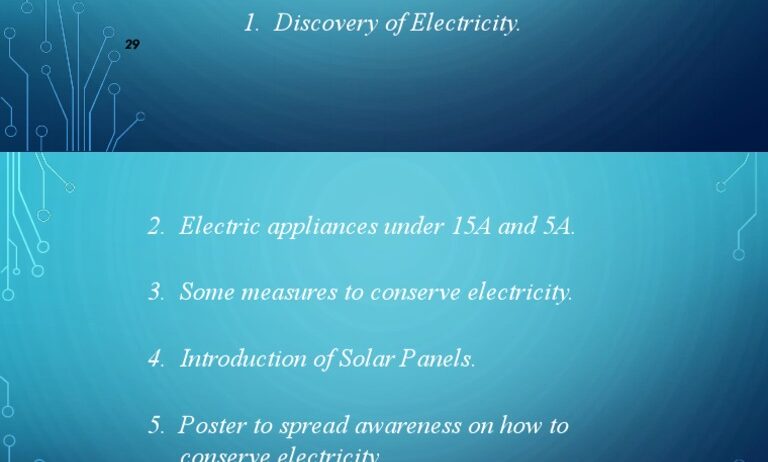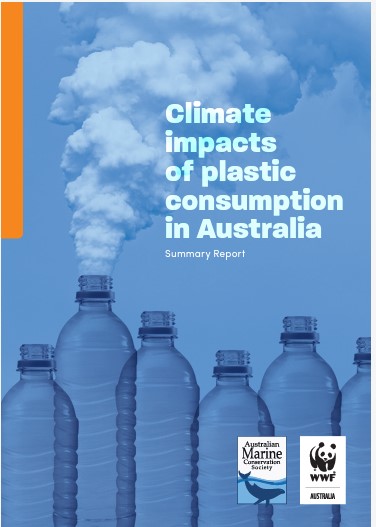The intricate dance of electrical power production is akin to a grand symphony, where conservation of energy plays a crucial role in harmonizing the entire performance. In this complex orchestration, every note—every electron—must be meticulously managed to achieve sustainability. The question arises: why is the conservation of energy so paramount in this symphonic arrangement? Understanding the nuances of this issue reveals the profound implications for our environment, economy, and future generations.
At its core, energy conservation is about recognizing that our existing resources are finite. Just as a sculptor carefully chisels away at a block of marble, discerning the masterpiece hidden within, we too must wield our energy resources with prudence and foresight. Electricity is not magically generated; it is derived from an amalgamation of natural resources, many of which are running dangerously low. Fossil fuels, once regarded as the lifeblood of modern civilization, are now being depleted at an alarming rate. Conservation of energy serves not only to mitigate this depletion but also to preserve the integrity of our environment.
In the realm of electrical power production, the stakes are high. The reliance on conventional power sources, such as coal and natural gas, extends beyond the sheer volume of energy produced. These methods exude carbon emissions, which coalesce into a formidable blanket of greenhouse gases trapping heat within our atmosphere. Picture a boiling pot of water on a stove; as energy is added, it reaches a point of maximum heat, leading to unchecked repercussions. When we conserve energy, we effectively temper the heat—reducing the emissions that contribute to climate change and maintaining the delicate balance of our ecological systems.
A notable metaphor for understanding the importance of energy conservation pertains to a reservoir. Visualize a large reservoir that provides water to sustain a community. If residents utilize water recklessly, the reservoir diminishes, leading to dire consequences. Energy operates in a similar reservoir-like manner. If we fail to conserve electrical energy, we draw excessively from our resource pools, jeopardizing both current and future generations. Thus, conservation becomes an imperative practice, akin to modern-day stewardship of communal resources.
Moreover, the conservation of energy leverages technological advancements to augment efficiency. State-of-the-art renewable energy technologies capture the natural power of the sun, wind, and water. When coupled with energy conservation strategies, these technologies create a robust alliance that minimizes waste while maximizing output. The intricate mechanics of wind turbines turning gracefully in a field illustrate this synergy; they convert kinetic energy into electrical power, but only if the energy consumed in their production and maintenance is judiciously managed. Efficiency, therefore, becomes a hallmark of excellence in energy production, resonating through the years.
From an economic perspective, energy conservation has direct and indirect ramifications. Lower energy consumption translates into reduced operational costs for power producers and consumers alike. Consider a household that switches to LED lighting; not only does this decision lead to lower electricity bills, but it also curtails the demand placed on local power plants. This ripple effect extends beyond the immediate financial impact, fostering a more resilient economy equipped to face future energy challenges. In an era of fluctuating energy prices, deferred consumption through conservation solidifies financial stability, thus enhancing economic viability.
While the allure of abundant energy serves as a powerful temptation to eschew conservation practices, we must remain vigilant. The existential threat posed by climate change demands a radical shift in our approach to energy. Conservation embodies this shift, urging individuals and industries to rethink their consumption practices. The challenge lies not simply in harnessing energy but in redefining our relationship with it. Each effort to conserve is akin to a small seed planted in the fertile soil of sustainability; over time, it flourishes into a transformational movement.
In educational discourse, the importance of conservation cannot be overstated. Integrating energy conservation into curricula will cultivate awareness in future citizens. When students understand the impact of their actions, they become active participants in shaping a sustainable future. The metaphor of planting seeds again applies; education is the soil from which awareness sprouts, eventually yielding mindful habits that promote conservation.
In conclusion, the conservation of energy within electrical power production is indispensable, not just as a personal or corporate ethic, but as a collective societal commitment. It embodies responsible stewardship of our finite resources, mitigates the deleterious effects of climate change, enhances technological innovation, and fortifies economic fortitude. We must embrace this ethos wholeheartedly, allowing it to permeate our very existence. Like a symphony, when all players come together to create a harmonious melody of energy conservation, we craft an inspiring legacy for generations yet unborn. Embracing the call to conserve is not merely a choice; it is an existential imperative that lays the foundation for a sustainable tomorrow.








